 The developer behind mobile phone versions of Assassin’s Creed and Brothers in Arms isn’t as anti-Android as its finance director led us to believe.
The developer behind mobile phone versions of Assassin’s Creed and Brothers in Arms isn’t as anti-Android as its finance director led us to believe.
Less than a week after Gameloft financier Alexandre de Rochefort said the company has “significantly cut” investments in Android, Gameloft issued a press release saying, essentially, that it still loves Google’s mobile platform, and wants to make sweet, sweet “High Definition games” on it.
In particular, Gameloft will develop titles for second-generation Android phones such as Motorola’s Droid and Sony’s Ericsson Xperia X10.
When I previously outlined the problems with Android gaming, I said there’s room for improvement, particularly with multi-touch technology in the Droid. It’s worth noting that both the phones Gameloft mentions allow for 3D games as well — something Gameloft excels in with the racer Asphalt 5 and the Grand Theft Auto clone Gangstar: West Coast Hustle.
So it appears that Rochefort’s statement about Android investment was misinterpreted, but remember that he also knocked the Android’s ability to actually sell games. His words: “It is not as neatly done as on the iPhone. Google has not been very good to entice customers to actually buy products. On Android nobody is making significant revenue.”
That issue isn’t addressed in Gameloft’s latest press release, but I imagine there’s a chicken-and-egg theory in play. If developers take the first step of making high quality games on Android, phone manufacturers can market gaming as a key feature in their products, attracting more game sales, which in turn brings in more interest from developers. So I’m glad Gameloft isn’t bailing out on a mobile gaming platform that has potential to grow.


 Sharpcast is serious about putting its SugarSync file-syncing-to-the-cloud service on devices of all sorts. It’s already available on Windows, OS X, iPhone OS, BlackBerry, and Windows Mobile–
Sharpcast is serious about putting its SugarSync file-syncing-to-the-cloud service on devices of all sorts. It’s already available on Windows, OS X, iPhone OS, BlackBerry, and Windows Mobile–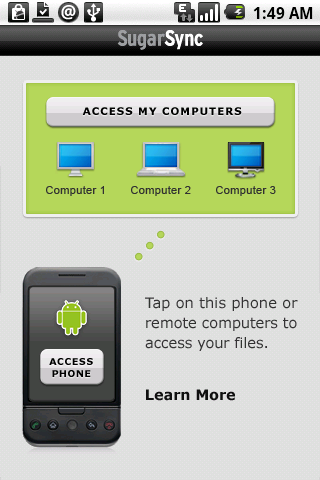
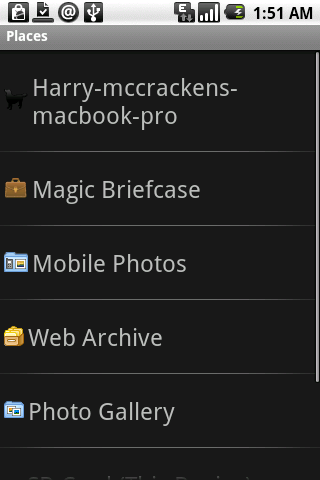
 Here at Searchology, Google just announced something that will be available in
Here at Searchology, Google just announced something that will be available in 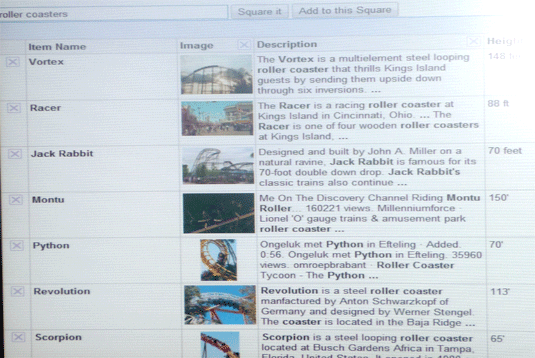
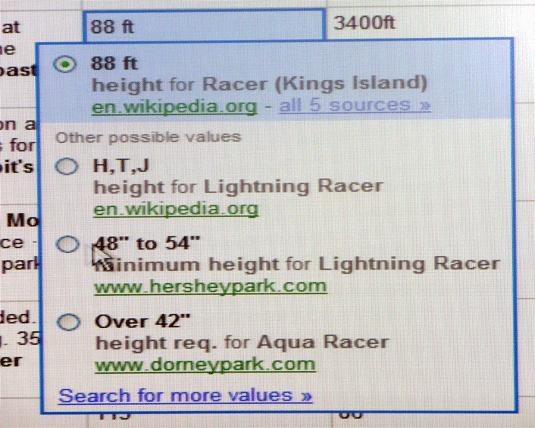
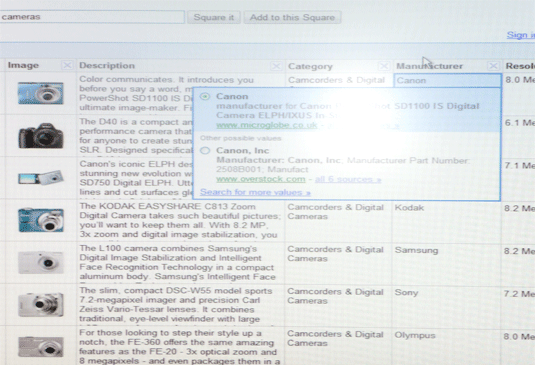

 A happy May to you!
A happy May to you! Google’s browser-based version of Gmail for the iPhone is pretty darn impressive–good enough, in fact, that I’ve been using it as my primary iPhone email program instead of Apple’s Mail app. But Google is rolling out a
Google’s browser-based version of Gmail for the iPhone is pretty darn impressive–good enough, in fact, that I’ve been using it as my primary iPhone email program instead of Apple’s Mail app. But Google is rolling out a